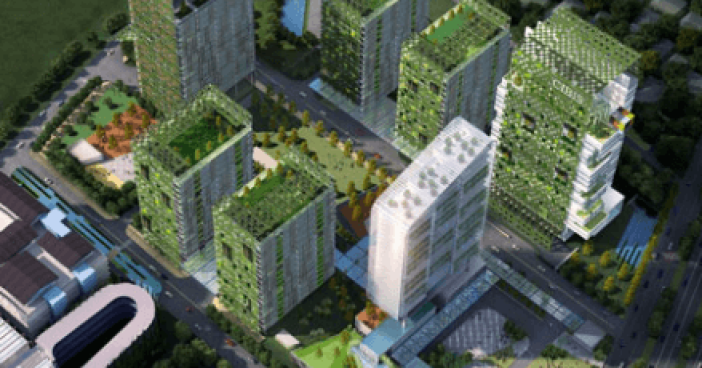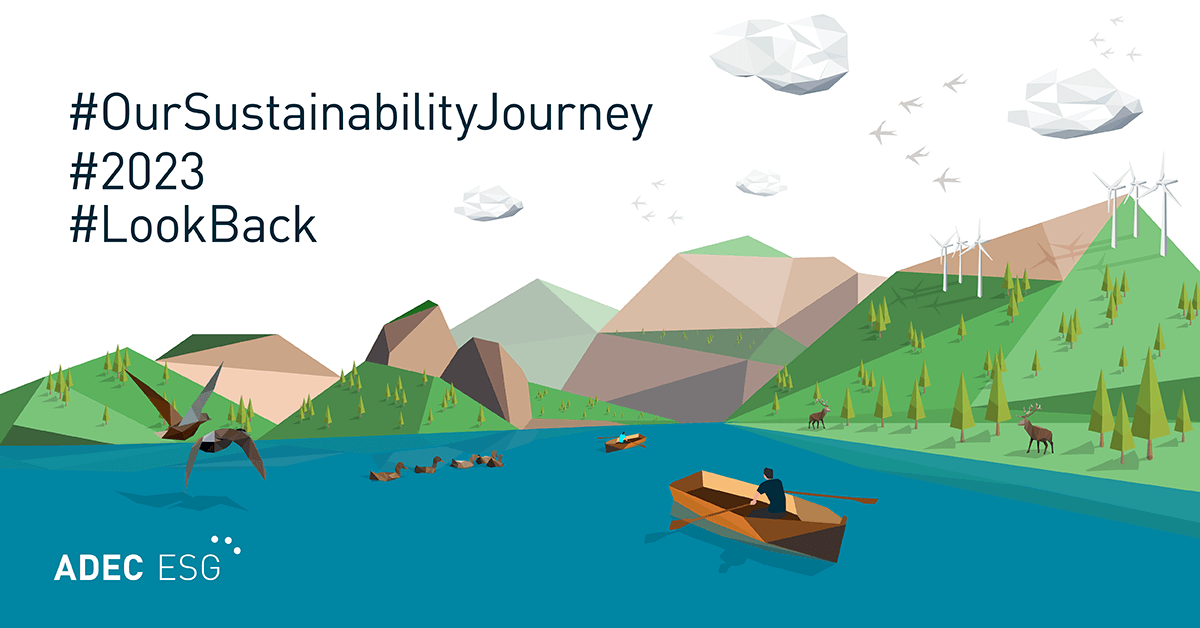Over the past two decades, Asia has become a “source of strength” for the global economy; with many Asian countries growing at an unstoppable accelerated pace, driven by and benefiting businesses from every sector in the region. This growth is obviously seen in the increased productivity, trade and investments across Asian economies, and a growing middle class.
While millions are said to be lifted out of poverty due to the economic prosperity in Asia, regional development has been greatly hounded by issues including growing inequality, social cohesion, rapid urbanization, environmental challenges, water shortages, and natural disasters (CSR Summit 2013). These issues, however, were inevitable due to the rapid increase in resource consumption brought on by the rise in population, notwithstanding, the increasing wealth of developed nations and the rise of many other developing nations.
While the meaning of “development” has greatly changed over the past few decades—from a nation’s productivity alone to improving quality of life—the same word has more recently been associated with “going green” to imply not just an increase in income and employment (for a better life of community members), but also in ensuring the preservation of the environment through:
- Reduction of greenhouse gases (GHGs) and all forms of pollutants
- Enhanced energy and resource usage
- Maintaining rich bio-diversity and eco-system
As Asia is poised to play an increasingly larger role in the world economy, the question that remains is: How do business organizations in the region ensure growth within their respective industries while fighting for sustainability in a rather volatile environment? The increasing effects of climate change, for one, have greatly affected productivity and investment expansions for many Asian firms.
Start Greening the Companies
The region is becoming so highly urbanized that by 2030, it’s estimated that 55% of Asians, or 2.7 billion of them, will be living in the cities And these cities are the centers of business economies and thus, have become the core of talent attraction and migration.
Despite occupying only a small area of the world’s land, an estimated 75% of the world’s resources are consumed by urban inhabitants, and produce almost an equal amount of waste materials. In fact, many of the Asian cities are vulnerable to the effects of environmental degradation and climate change as these areas are located on or close to shores. Continued disregard of environmental management initiatives around Asia and sustainable goals by companies will result to economic downfall.
More and more companies in the region should realize that when they “green” their companies, they take care of the cities they belong to and ultimately, they “grow” the nation. And, they can evaluate a number of sustainability programs such as:
- Recycling Schemes – Manufacturing and construction activities generate four times as much as household waste, and should therefore be reduced by re-absorption of waste by the same company or by another company as a resource or input.
- Energy-Efficient and Resilient Infrastructures – Though coming up and using energy-efficient structures and systems may prove to be expensive at first, the cost will be justified in the long run with reduced operating costs, increased asset value, reduced waste and GHG emissions and energy and water conservation.
- Greening the Physical Workplace – Create “cool” areas within the workplace that encourage airflow and reduced energy loads. Pocket garden areas can help absorb carbon and sulfur emissions, filter dust, produce oxygen and reduce carbon monoxide and carbon dioxide emissions.
- Employee Engagement in Corporate Sustainability – Once again, all these sustainable programs will not be as effective without the buy-in from top management down to the company’s employees. They are the best promoters of sustainability who can influence their co-workers and bring the cause back to their homes.
Truly Asia—including its investors– has proven its power to change the world and influence the global economic market. As this power and influence increase in the coming years, regional stakeholders must also note that “with great power comes great responsibility” to sustain the planet. Thus, a “green Asia to grow Asia” should be the region’s ultimate goal.
ADEC ESG can help firms reduce their environmental costs and impacts, lower energy and resource use, ensure compliance, and operate more sustainably and efficiently to provide a path to an improved bottom line. We offer environmental assessments solutions that help organizations efficiently and responsibly assess and manage these issues so they understand the true costs of development, choose the right site, and optimize costs. Learn more about how we can support your organization’s sustainability goals.




